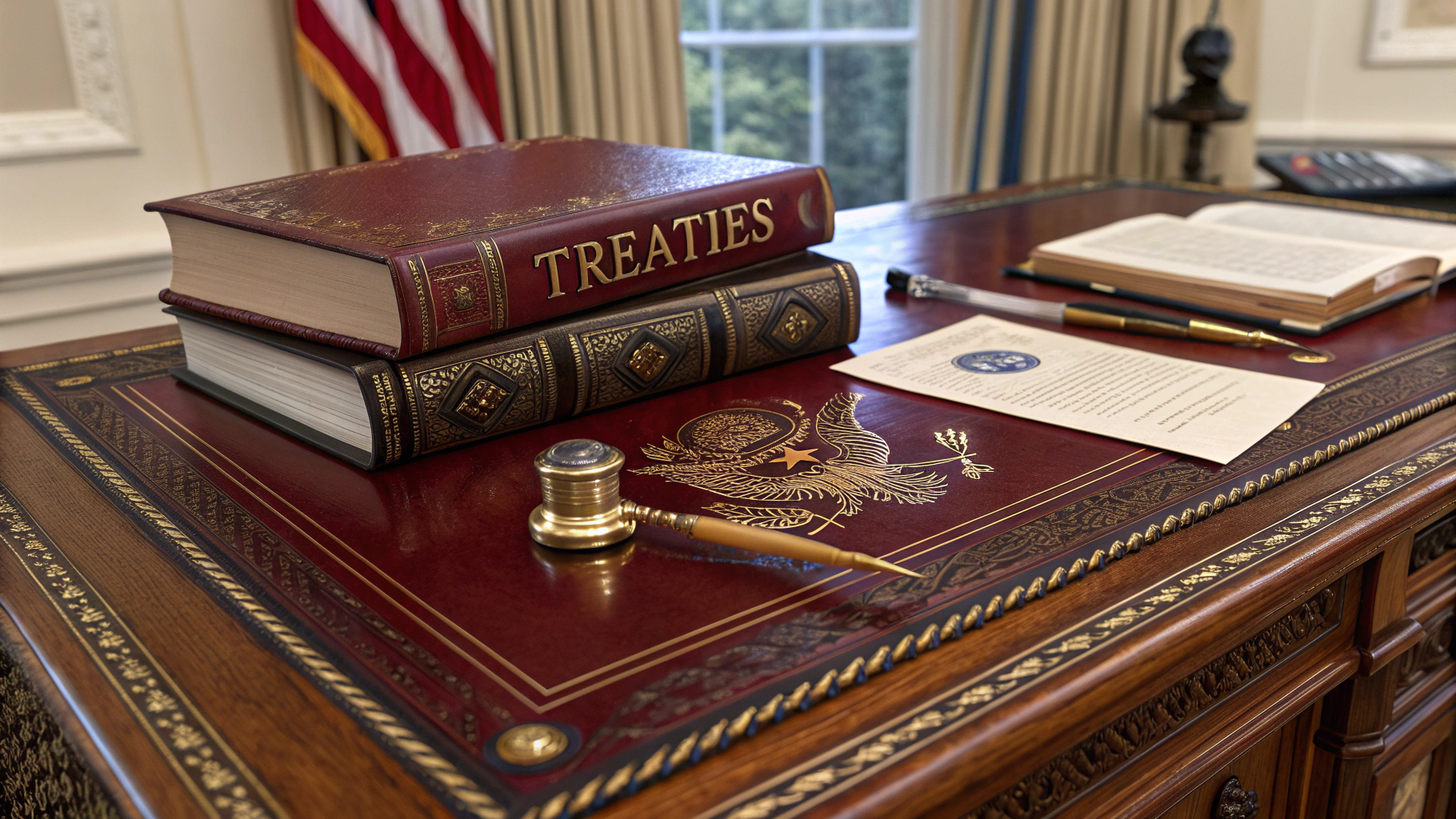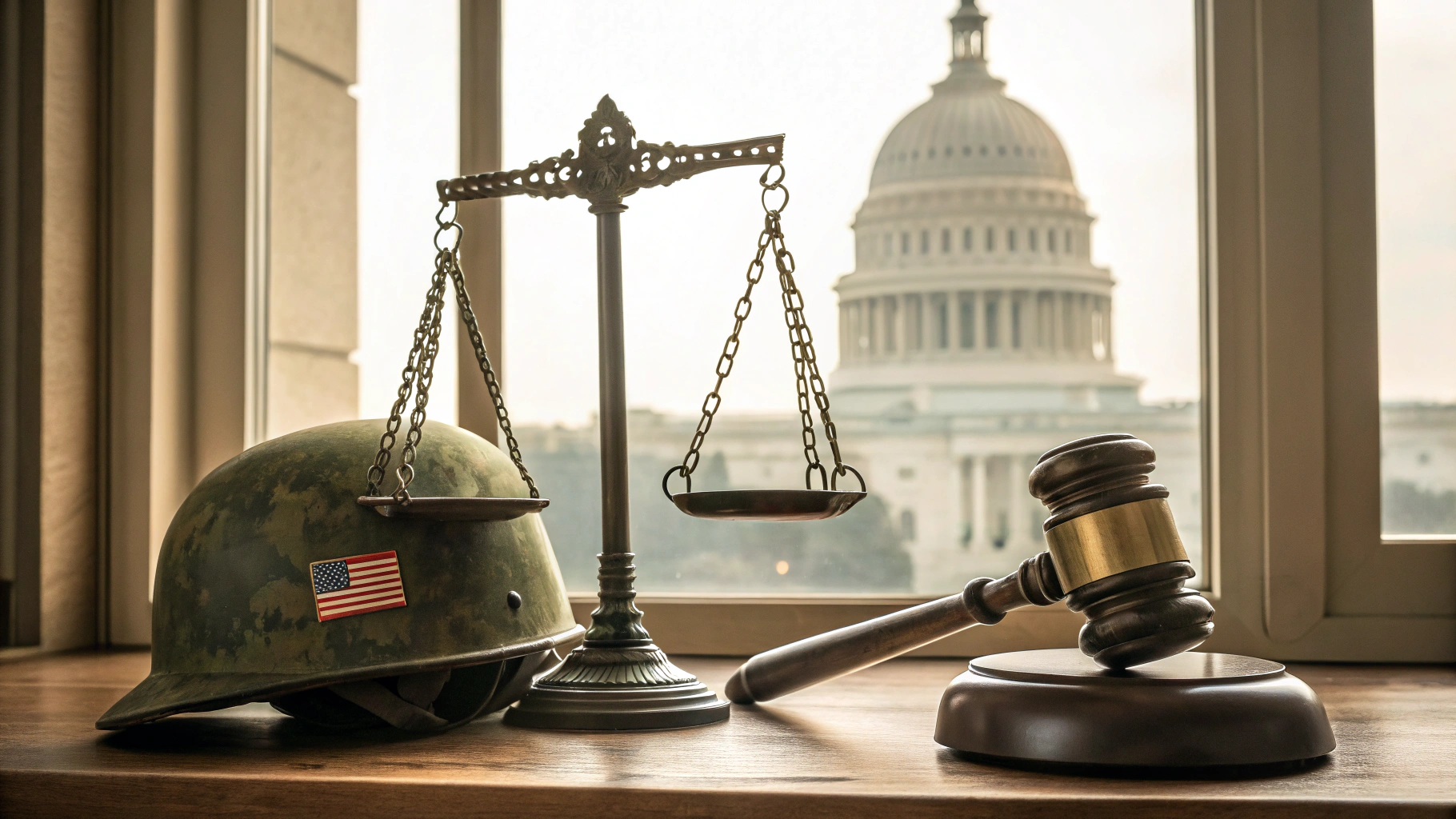Congress has the power to regulate interstate commerce to keep the economy chugging along. Think highways, railways, and all those companies transporting goods. They can step in even if something is happening in just one state—if it messes with commerce, they're on it. But, they can't meddle in non-economic activities or regulate non-action. There are limits, folks. Curious how this all started and changed over time? Stick around for the scoop.

When it comes to the powers of Congress over interstate commerce, clarity is key. The Commerce Clause in the U.S. Constitution gives Congress the big guns—they can regulate commerce not just with foreign countries but also among the states and even with Indian tribes. This clause is like a Swiss Army knife for federal authority, allowing Congress to manage all sorts of interstate economic activities.
Early on, though, the focus was more on keeping states in check rather than handing over power to the feds. It's a classic case of "you can't have too much power" evolving into "let's loosen the reins a bit." The Tenth Amendment plays a crucial role in this balance, ensuring that powers not explicitly granted to the federal government are reserved for the states, highlighting the careful allocation of authority between federal and state governments.
Congress has the green light to regulate the channels of interstate commerce, which basically means they can oversee highways, railways, and even telecom networks. If something sketchy is moving across state lines, Congress can step in and shut it down. No need to prove that this illicit activity directly involves state border crossings. Just know that keeping commerce safe and sound is a top priority.
Congress can oversee interstate highways and railways, stepping in to ensure commerce stays safe and sound, no matter what crosses state lines.
Then there are instrumentalities. What a fancy word! Congress gets to protect the roads and railways that keep the economy humming. They care about safety and efficiency—because who wants a train wreck, literally and figuratively?
Even if actions affecting commerce happen within one state, Congress can still swoop in to regulate. It's all about keeping the wheels of the economy turning smoothly. The Commerce Clause establishes a framework for federal regulation of interstate commerce, which is crucial for maintaining economic stability and ensuring that navigable waters remain under federal control.
Now, about those limitations. Congress can't just waltz in and regulate everything. Inactivity or non-economic activities that don't cross state lines are off-limits. The Supreme Court has made that crystal clear, striking down any overreach. There's a balance to strike here, with states having a say in federal governance, keeping Congress in check.
Over the years, interpretations have shifted. From narrow beginnings, the 1930s kicked off a new era where Congress could regulate intrastate activities that impact interstate commerce.
And there you have it—Congress and its powers to regulate interstate commerce, wrapped up and ready to go.
Frequently Asked Questions
How Does the Commerce Clause Impact State Laws?
The Commerce Clause shakes things up for state laws. It slaps down any laws that play favorites with local businesses over out-of-state competitors.
Think of it as a referee in the economic game, ensuring fair play. States can't just write their own rules that mess with interstate trade.
Sure, the Supreme Court has put some limits on this, but the message is clear: no discrimination. Everyone's got to play nice in the economic sandbox.
What Is the Historical Significance of the Commerce Clause?
The Commerce Clause is a big deal in U.S. history. It was meant to keep states from acting like jealous kids fighting over toys.
Thanks to this clause, Congress can step in and regulate trade, preventing chaos. Think trade wars are fun? They're not.
The clause has shaped everything from civil rights to environmental policies. It's like the government's Swiss Army knife for managing the economy—sometimes useful, sometimes controversial.
But hey, it's in the Constitution!
Can Congress Regulate Intrastate Commerce?
Can Congress regulate intrastate commerce? Well, yes and no.
It's a bit of a legal tug-of-war. Congress can step in if those local activities somehow kick up a storm in interstate commerce.
Think of it like this: if your backyard barbecue leads to a nationwide food poisoning outbreak, Congress might have something to say about it.
But if it's just your cousin Joe grilling burgers, good luck getting Washington involved.
What Are Examples of Interstate Commerce Regulations?
Interstate commerce regulations? Oh, they've got a laundry list.
Think transportation: Congress oversees everything from highways to air traffic. They keep those roads safe, too—no one wants a runaway truck.
And let's not forget the environment; pollution regulations are a must. They even delve into the nitty-gritty of services and goods crossing state lines.
It's all about keeping things efficient and, you know, legal. Who knew regulation could be this involved?
How Do Supreme Court Decisions Affect Congress's Powers?
Supreme Court decisions are like a rollercoaster for Congress's powers—up, down, and sometimes sideways. One minute, Congress can regulate pretty much everything; the next, it's slapped with restrictions.
Cases like Lopez and Morrison cut back on what Congress can touch. It's a game of tug-of-war between states and feds. The Court's rulings shape the federal-state balance, making Congress rethink how far it can stretch its arms.
It's messy, but that's the Constitution for you.










3 comments
Comments are closed.